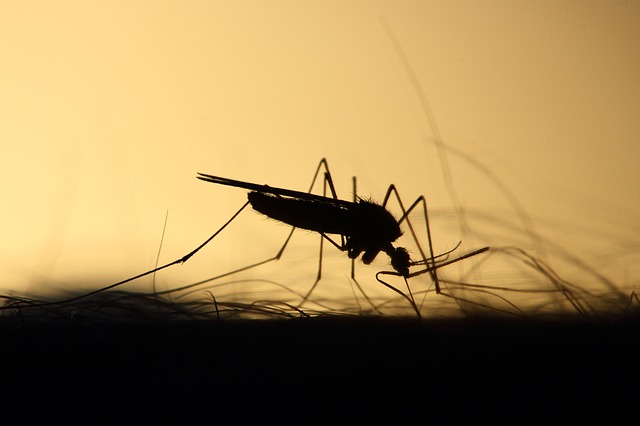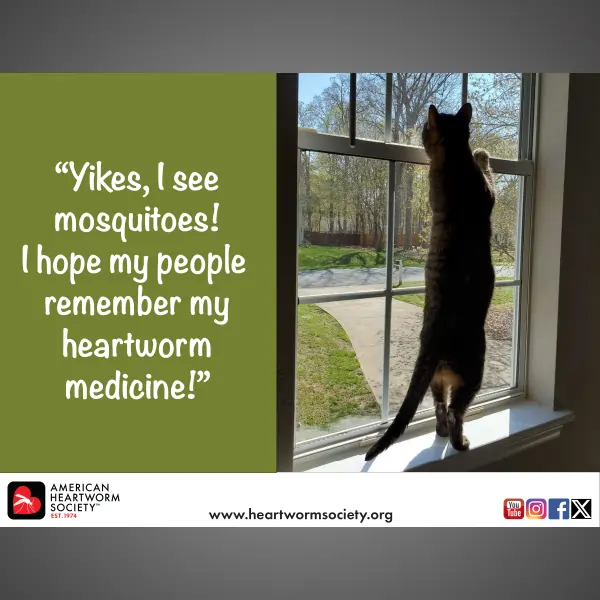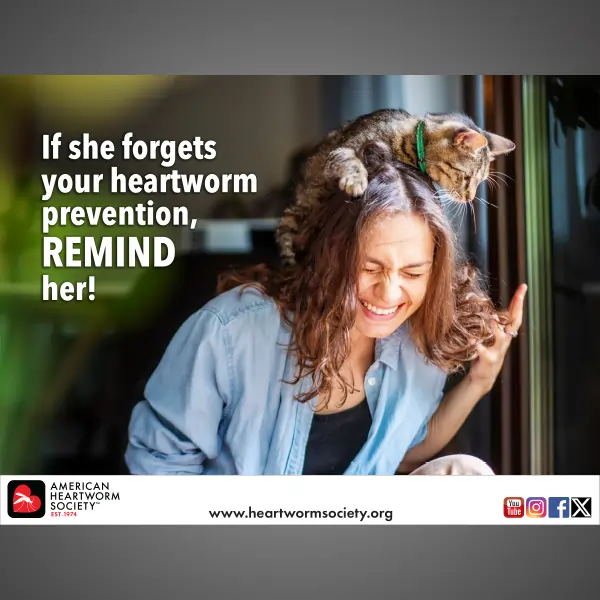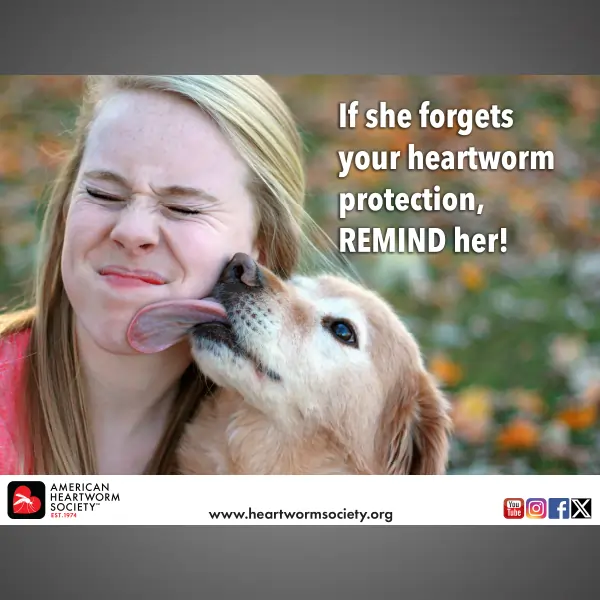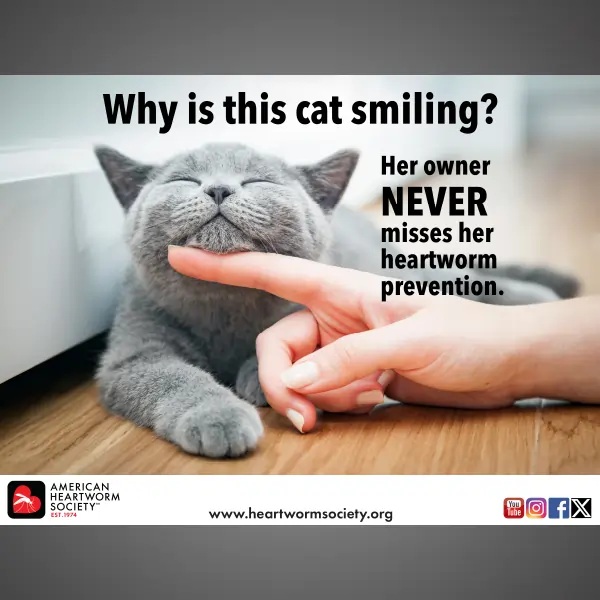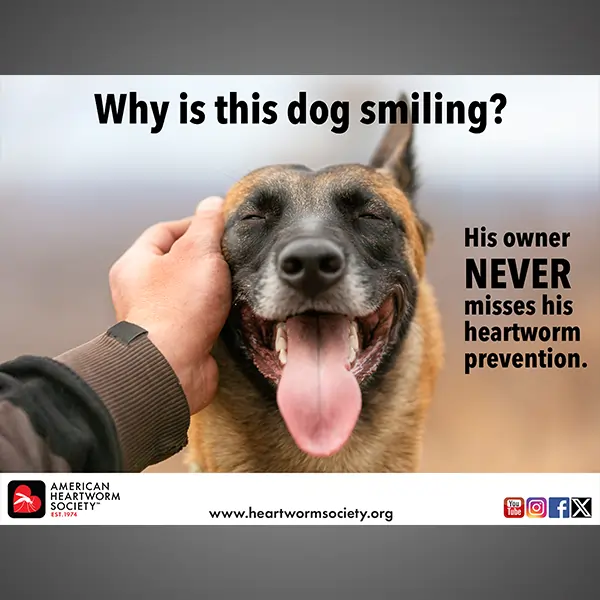Marisa Ames
DVM, DACVIM (Cardiology)
The Heartworm Hotline column is presented in partnership between Today’s Veterinary Practice and the American Heartworm Society (heartwormsociety.org). The goal of the column is to communicate practical and timely information on prevention, diagnosis, and treatment of heartworm disease, as well as highlight current topics related to heartworm research and findings in veterinary medicine.
Heartworm disease prevalence, pathology, and management protocols headlined the 16th American Heartworm Society (AHS) Triennial Symposium, held September 8-11, 2019, in New Orleans. Given the challenges heartworm disease continues to present to the veterinary profession, discovering new strategies for prevention, diagnosis, and treatment is vital to reducing its impact.
An unprecedented 62 speakers and poster presenters were featured in the symposium, focusing on topics that included:
- Heartworm vectors and transmission
- Heartworm prevention
- Heartworm pathology
- Heartworm diagnosis
- Wolbachia and heartworm treatment protocols
- Following are brief, question-and-answer summaries of presentations on these topics at the 2019 symposium.
These abstracts were published in the proceedings of the 16th Triennial Symposium: Understanding Heartworm Disease: From Science to Solutions, available to American Heartworm Society members at heartwormsociety.org/proceedings-archive. Several abstracts have been published (see Published Abstracts). Many of these abstracts will appear in an upcoming special edition of Parasites and Vectors.










